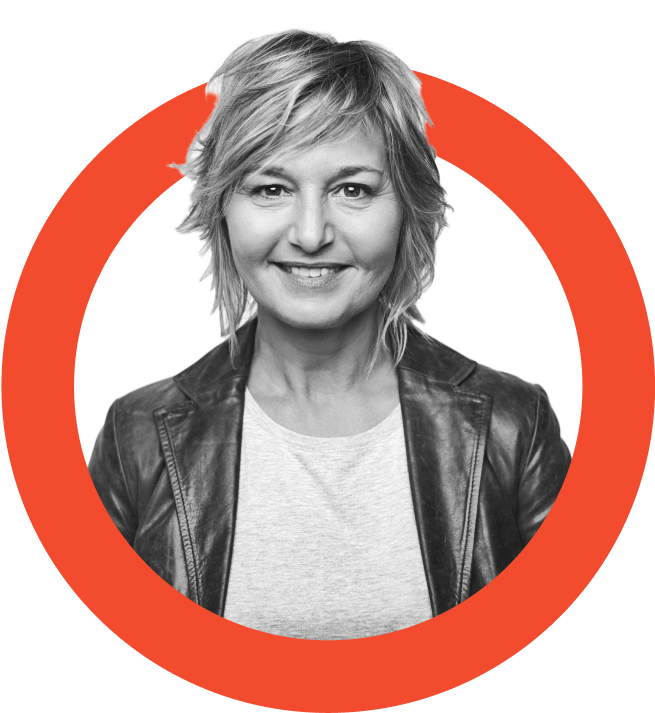1. Collecting Your Thoughts Is Good. Organizing Them Is Even Better.
“Today’s apps, services and hardware make it easy to jot, sketch and save the things that inspire you.”
2. You Are What You Watch? The Social Effects of TV
“There’s new evidence that viewing habits can affect your thinking, political preferences, even cognitive ability.”
3. When Middle School Students Think Like Historians
“This is particularly useful when students are explicitly challenged to consider perspective and surface historically marginalized voices when selecting research topics. Empowering students will remove a filter imposed by well-intended teachers and curriculum designers, provide additional access to a variety of historical perspectives that may have been missed or ignored in the curriculum writing process, and ultimately, develop agency and autonomy in the history classroom.”
4. New Research Casts Doubt on the ‘Summer Slide’
“The big takeaway here is that the popular notion of summer slide is based largely on old data, and is probably vastly overstated. While summer learning can help close individual gaps, a closer look at the data suggests that taking a break does not amplify achievement gaps across student populations more generally. The data suggests, instead, that we might save summer for playing and focus our efforts on improving education—including inequities in the system—during the traditional school year.”
6. How Edtech Can Expand What Teachers Do
“These valuable teaching practices—differentiated instruction, data-driven instruction, higher-order feedback, mastery-based instruction, problem-based learning, project-based learning, small-group instruction, and relationship-building—predate most educational technologies. They don’t require technology, but technology can expand teachers’ capacity to adopt these practices in a manageable way.”

